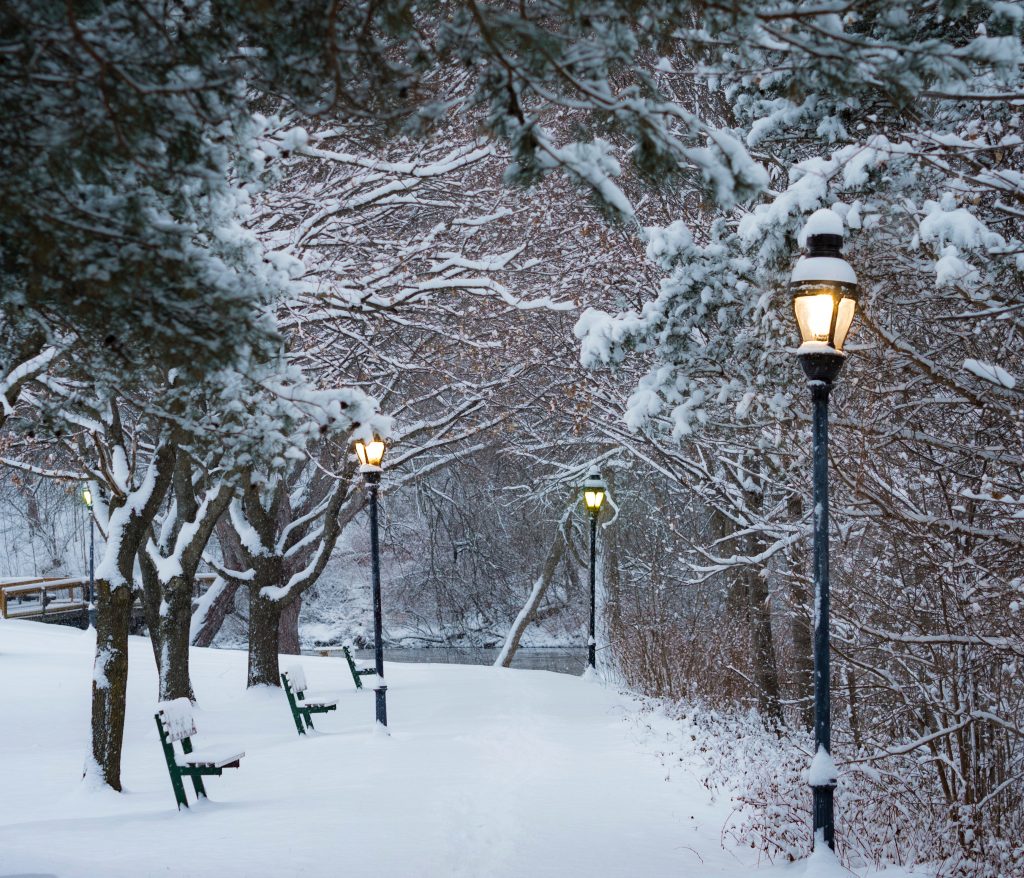The what, who and how of winter fuel/cold weather payments

Update. The UK Chancellor issued latest plans for the2022 winter fuel allowance in the spring, and the latest information about who qualifies and whether they need to make a claim can be found on the UK goverment website.
Winter Fuel Payments are available to older people in the UK, but what are they, who qualifies, and how do you claim?
Winter Fuel Payments (often referred to as winter fuel allowances or heating allowance) are given to older people to help them keep warm through the coldest months of the year. They’ve been around since 1997 to help tackle fuel poverty among pensioners – though the jury is out on whether that goal has been achieved.
What is a winter fuel payment?
It’s a tax-free annual payment to help older people pay their winter heating bills.
Who gets the payment?
There are certain requirements relating to age and where you live. In October 2021, people who were born on or before 26 September 1955 qualify.
There was a bit of a furore a few years ago about ex-pats enjoying the winter in sunnier climes and supposedly using their fuel payment to fund their lifestyles. However, there are exclusions for those who live in some southern European countries where the average winter temperature is higher than the warmest region of the UK.
Currently a person has to have lived in the UK for at least one day during the week of 20-26 September 2021. It might still be possible to receive the payment if you live in the Great Britain, or if you live in Switzerland or the EEA (European Economic Area) and have a genuine link with the UK.
There are other exclusions. Anyone who has been in hospital for over a year receiving free treatment won’t be eligible for the payment. Nor will anyone who happened to be in prison for the whole of the qualifying week.
Anyone living in a care home won’t receive the payment if they receive certain other benefits, such as Pension Credit.
Scotland and Northern Ireland rules are essentially the same. The Scotland Act of 2016 gave the Scottish Government power over certain benefits, including Winter Fuel Payments. A separate but identical Winter Fuel Payments scheme exists in Northern Ireland.
Is it a one-off or a regular payment through the winter?
The payment is made in one lump sum in November or December. You should receive the benefit by mid January.
How much is it?
For 2018/19 the standard rates are £200 per eligible household where the oldest person is under 80, and £300 for households containing a person aged 80 or over.
| Born | ||
| Circumstance | 27/9/41-26/09/55 | Before 26/9/41 |
| You qualify and live alone (or none of the people you live with qualify) | £200 | £300 |
| You qualify and live with someone under 80 who also qualifies | £100 | £200 |
| You qualify and live with someone 80 or over who also qualifies | £100 | £150 |
| You qualify, live in a care home and do not get certain benefits | £100 | £150 |
Is it means-tested?
No. And any money you get is tax-free and will not affect your other benefits.
Is it automatically given to anyone who qualifies?
Most payments are made automatically, but if you qualify and you are not getting a state pension or other social security benefit, you will need to make a claim. You will also need to claim if you live in Switzerland or an EEA country.
If you have to apply, how do you apply?
Contact the Winter Fuel Payment Centre. You can apply by phone or post as well as online.
What information will you need to give?
- National Insurance number
- Bank or Building Society details
- Date you married or entered into civil partnership (if applicable)
- BIC/IBAN number if you live in the EEA or Switzerland
Does anyone check what you actually spend it on?
No.
What is the cold weather payment, and how is it different?
The Cold Weather Payments scheme is an entirely separate scheme, under which recipients of certain benefits receive automatic payments of £25 a week during periods of very cold weather. Payments are triggered for each 7-day period where the average temperature in your area is recorded as, or forecast to be, 0°C or below. The scheme runs from 1 November to 31 March.
If you found this article useful, you may also like to read:
Photo by Aaron Burden on Unsplash

